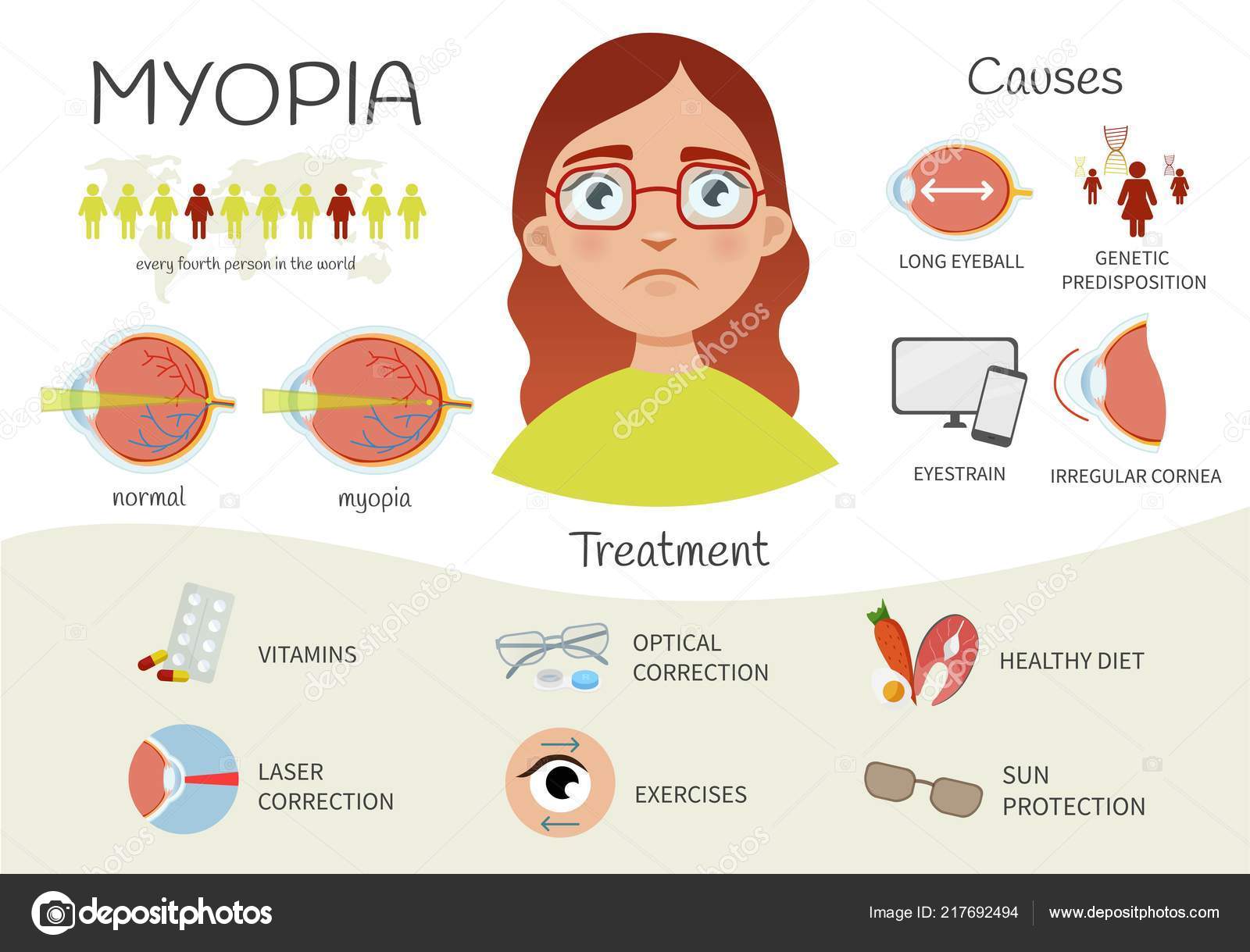The Extensive FAQ On Refractive Lens Exchange: Everything You Must Receive Concerning
The Extensive FAQ On Refractive Lens Exchange: Everything You Must Receive Concerning
Blog Article
Article By-Lauesen Huynh
If you're taking into consideration refractive lens exchange, you most likely have a lot of inquiries. This procedure might transform exactly how you see the world, using advantages like decreased dependence on glasses. Nevertheless, visit this website to understand the process, dangers, and that certifies as a good candidate. Allow's discover these vital facets so you can make an educated choice regarding whether RLE is right for you.
What Is Refractive Lens Exchange and Just How Does It Work?
Refractive lens exchange (RLE) is a surgical procedure developed to change your eye's all-natural lens with an artificial one, remedying vision concerns like nearsightedness, farsightedness, or presbyopia.
During the procedure, your surgeon makes a small incision in the eye, eliminates your all-natural lens, and inserts an intraocular lens (IOL) customized to your vision needs. This outpatient surgical treatment generally takes around 15 to thirty minutes per eye and is carried out under regional anesthetic.
You'll likely notice improvements in your vision practically instantly, though complete healing may take a couple of weeks. RLE is particularly valuable for those over 40 or with high prescriptions, providing a lasting solution compared to glasses or get in touch with lenses.
Your eye care professional can help identify if RLE is right for you.
What Are the Perks and Dangers of Refractive Lens Exchange?
Selecting refractive lens exchange can result in substantial improvements in your vision, yet it's important to weigh both the benefits and dangers prior to choosing.
On the plus side, this treatment can improve your vision by dealing with concerns like presbyopia, nearsightedness, and hyperopia. Several patients enjoy reduced dependence on glasses or contact lenses, which can considerably enhance their quality of life.
However, it's critical to think about potential threats. Problems can consist of infection, glow, or halos around lights.
There's also an opportunity of overcorrection or undercorrection, which might call for additional treatments.
Who Is a Perfect Candidate for Refractive Lens Exchange?
If you're thinking about refractive lens exchange, it's important to recognize whether you fit the account of an ideal candidate. Typically, you might be a good prospect if you more than 40, experience presbyopia, or have high levels of nearsightedness or farsightedness.
It's additionally crucial that your vision is steady, indicating your prescription hasn't altered dramatically in the past year. If you have cataracts or other eye problems, you might take advantage of this treatment as well.
Nevertheless, particular variables, like uncontrolled diabetes mellitus or autoimmune illness, might invalidate you. To determine your candidacy, speak with an eye treatment professional who can examine your certain scenario and advise the most effective strategy customized to your demands.
Final thought
To conclude, refractive lens exchange can be a transformative alternative for improving your vision, particularly if you more than 40 or have a high prescription. While the advantages are considerable, it's vital to consider the threats and seek advice from your eye care professional to establish if you're a perfect prospect. With the appropriate details and guidance, you can make an educated choice and perhaps delight in a life with reduced reliance on glasses.
